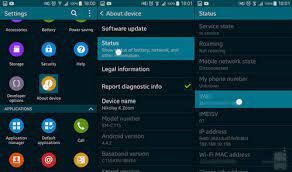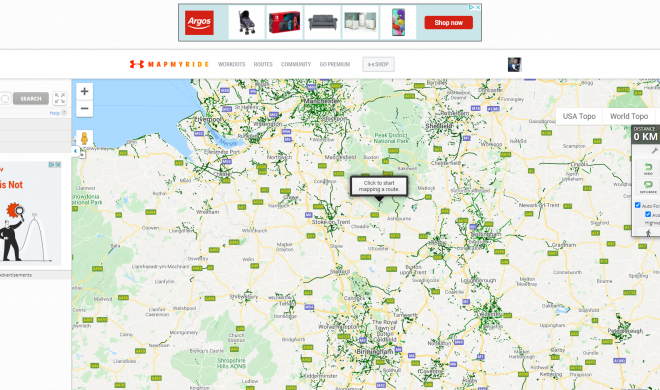Generating Random Numbers With Go

Generating random numbers is an essential part of many programming tasks. In Go, the “math/rand” package provides functions for generating random numbers. In this article, we will explore the different ways of generating random numbers with Go.
Generating Random Integers
One of the most common use cases for generating random numbers is generating random integers. In Go, we can generate random integers using the “Intn()” function from the “math/rand” package. The Intn() function takes an integer argument and returns a random integer between 0 and the argument.
Here is an example program that generates a random integer between 0 and 100:
“`
package main
import (
“fmt”
“math/rand”
“time”
)
func main() {
// Seed the random number generator
rand.Seed(time.Now().UnixNano())
// Generate a random integer between 0 and 100
randomInt := rand.Intn(100)
fmt.Println(randomInt)
}
“`
Generating Random Floats
In addition to generating random integers, we may also need to generate random floats. In Go, we can generate random floats using the “Float64()” function from the “math/rand” package. The Float64() function returns a random float between 0.0 and 1.0.
Here is an example program that generates a random float between 0.0 and 1.0:
“`
package main
import (
“fmt”
“math/rand”
“time”
)
func main() {
// Seed the random number generator
rand.Seed(time.Now().UnixNano())
// Generate a random float
randomFloat := rand.Float64()
fmt.Println(randomFloat)
}
“`
Generating Random Strings
Generating random strings can be useful in scenarios such as generating passwords or encryption keys. In Go, we can generate random strings using the “Bytes()” function from the “crypto/rand” package. The Bytes() function takes a byte slice argument and fills it with random bytes.
Here is an example program that generates a random string of length 10:
“`
package main
import (
“crypto/rand”
“encoding/hex”
“fmt”
)
func main() {
// Generate a random byte slice
randomBytes := make([]byte, 5)
rand.Read(randomBytes)
// Convert the byte slice to a hex string
randomString := hex.EncodeToString(randomBytes)
fmt.Println(randomString)
}
“`






